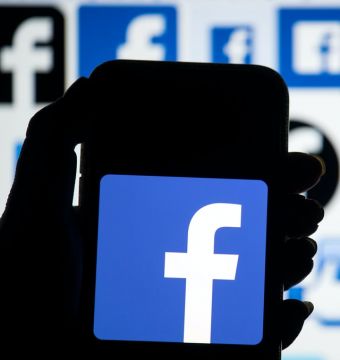Facebook Inc on Thursday warned of a tougher 2021 despite beating analysts' estimates for quarterly revenue as businesses adjusting to the global pandemic continued to rely on the company's digital ad tools.
The social media company said in its outlook that it faced "a significant amount of uncertainty," citing impending privacy changes by Apple and a possible reversal in the shift to online commerce that was prompted by the pandemic.
"Considering that online commerce is our largest ad vertical, a change in this trend could serve as a headwind to our 2021 ad revenue growth," it said.
Shares of the world's biggest social network were flat in extended trading.
"It appears that investors are disappointed that despite user growth jumping across most regions during the quarter, the social media platform reported a decrease in users in North America, which covers the US and Canada," said Jesse Cohen, senior analyst at Investing.com.
Total revenue, which primarily consists of ad sales, rose to $21.47 billion from $17.65 billion in the third quarter ended September 30th, beating analysts' estimates of $19.82 billion, according to IBES data from Refinitiv.
Revenue growth
Revenue growth at Facebook, the world's second-biggest seller of online ads after Alphabet's Google, had been cooling even prior to the pandemic as its business matured, although it still came in at more than 20 per cent throughout 2019.
Still, compared to expectations, the company has had a bumper year due to surging use of its platforms by users stuck at home amid virus-related lockdowns, which cushioned online ad sales even as broader economic activity suffered.
A July ad boycott over Facebook's handling of hate speech, which saw some of the social media giant's biggest individual spenders press pause, barely made a dent in sales, which mostly come from small businesses.
Monthly active users rose to 2.74 billion, compared with estimates of 2.70 billion.

Total expenses increased 28 per cent to $13.43 billion, with costs continuing to grow as Facebook tries to quell criticism that its handling of user privacy and abusive content is lax.
The company has been under especially strong pressure ahead of next week's US presidential election and is aiming to avoid a repeat of 2016, when Russia used its platforms to spread election-related misinformation.
Net income came in at $7.85 billion, or $2.71 per share, compared with $6.09 billion, or $2.12 per share, a year earlier. Analysts had expected a profit of $1.90 per share, according to IBES data from Refinitiv.







